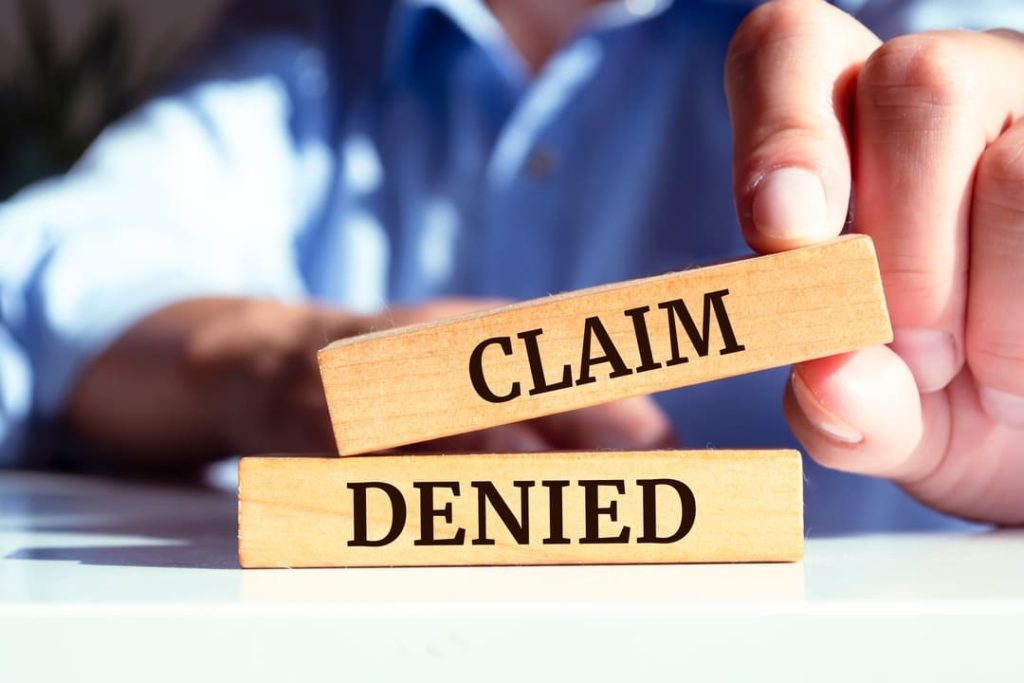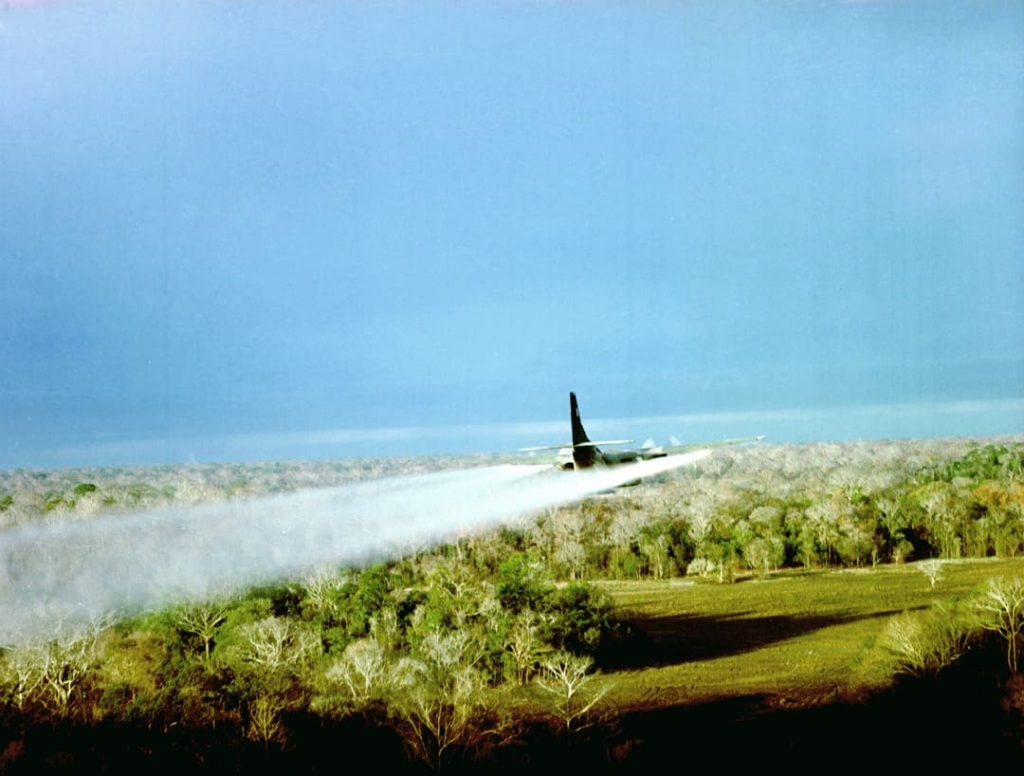Looking for Expert-Level VA Claim Answers?📱Call Us Now! 737-295-2226
What are Nehmer Claims?
Nehmer Claims are a crucial aspect of VA benefits concerning veterans exposed to Agent Orange during their service in Vietnam.
The term originates from a class-action lawsuit filed on behalf of Vietnam Veterans affected by diseases caused by exposure to herbicides, specifically Agent Orange.
Nehmer Claims ensure that veterans suffering from Agent Orange–related disabilities receive the compensation and benefits they are entitled to.
In this Quick Guide, we’ll explore VA Nehmer Claims, how they relate to Agent Orange and presumptive conditions, eligibility criteria, and more.
Table of Contents

What Are Nehmer Claims?
Nehmer claims are associated with a lawsuit filed by Vietnam-era veterans, led by Alfred Nehmer, against the VA. The Nehmer lawsuit addressed delays in recognizing disabilities linked to herbicide exposure (particularly Agent Orange).
The 1986 Nehmer settlement established that if the VA recognized a new condition related to herbicide exposure, affected veterans and their survivors could file claims for disability compensation (including retroactive VA benefits).
Eligibility Criteria for Nehmer Benefits for Veterans
For a veteran or their survivor to qualify for benefits under Nehmer, the following criteria must be met:
- Service in Vietnam: The veteran must have served in Vietnam.
- Filed, Denied, or Inferred Claim: The veteran must have filed a claim, had a claim denied, or an inferred claim for one of the three new presumptive conditions.
- Claim Timeline: The timeline for a claim includes scenarios where a decision on the covered herbicide disease was made between September 25, 1985, and May 3, 1989, or if the veteran’s disability compensation claim for this disease was pending with the VA by May 3, 1989, or received by the VA between May 3, 1989, and the date when regulations or laws establishing a presumption of service connection for the disease became effective.
- Diagnosis of Presumptive Diseases: The veteran should be diagnosed with one of the presumptive diseases or have a diagnosis that reasonably corresponds to one of the covered diseases.
It’s important to note that only veterans with service or visitation in the Republic of Vietnam or its inland waterways between January 9, 1962, and May 7, 1975, fall within the Nehmer class.
However, Blue Water Navy Veterans may also qualify under this classification.
See also: Blue Water Navy Vietnam Veterans Act Extends Disability Benefits to Thousands of Navy Veterans
Also, veterans who served in the Korean DMZ or Thailand are not considered part of the Nehmer class, although the possibility of service connection remains feasible.
Furthermore, following a court decision, the VA was instructed to review previously denied claims of Nehmer class members and provide retroactive benefits.
Nehmer Eligibility Requirements for Survivors
If a Nehmer class member dies before receiving benefits, VA will pay any unpaid retroactive benefits to the first individual listed below that is in existence at the time of payment:
- The class member’s spouse, regardless of current marital status.
A spouse is the person who was legally married to the class member at the time of the class member’s death
- The class member’s child(ren)*, regardless of age or marital status.
If more than one child exists, payment will be made in equal shares, accompanied by an explanation of the division.
*The term “child(ren)” includes natural and adopted child(ren) and also includes any stepchildren who were members of the class member’s household at the time of the class member’s death)
- The class member’s parent(s)*, regardless of dependency.
If both parents are alive, payments will be made in equal shares, accompanied by an explanation of the division.
*The term “parent” includes natural and adoptive parents, but in the event of successive parents, the persons who last stood as parents in relation to the class member will be considered the parents.
- The class member’s estate.

How Often Are Nehmer Claims Denied?
The frequency of VA Nehmer Claims denials within the VA system fluctuates based on numerous factors.
VA claim denials often stem from inadequate evidence supporting the claim or difficulties in establishing a direct connection between a veteran’s medical condition and their exposure to Agent Orange. These challenges can lead to a VA claim denial.
As an education-based coaching and consulting company for disabled veterans VA Claims Insider specializes in navigating the intricacies of VA claims processes.

Nehmer Claims and Agent Orange Exposure
VA Nehmer Claims stands as a vital pathway for veterans affected by Agent Orange exposure during their service in Vietnam.
The significance of these claims lies in ensuring that those suffering from Agent Orange-related diseases receive the compensation and benefits they rightfully deserve.
The evolution of Nehmer Claims, especially with the inclusion of new presumptive conditions like bladder cancer, hypothyroidism, and Parkinson’s-like symptoms, expands the support available to affected veterans.
With the conditions added by the PACT Act, the VA awards retroactive benefits for claims based on Monoclonal gammopathy of undetermined significance (MGUS) and Hypertension only to DIC claimants.
The VA is NOT required to apply Nehmer, but it is possible for the VA to apply those rules on its own, as it did when Congress added bladder cancer, Parkinsonism, and hypothyroidism to the presumptive list.
This framework streamlines the process, allowing eligible veterans to access benefits without the burden of proving a direct link between their condition and Agent Orange exposure.
Agent Orange Nehmer Claims and Presumptive Conditions
Recent developments in Agent Orange-related presumptive conditions have expanded the scope of Agent Orange Nehmer Claims.
Three new conditions have been added “in January 2021″ to the list of presumptive conditions covered by the Nehmer class action settlement, outlined as follows:
- Bladder Cancer: This condition involves the abnormal growth of cells in the bladder. Exposure to certain chemicals, including those found in Agent Orange, has been linked to an increased risk of developing bladder cancer. Veterans who served in Vietnam or certain other locations during specific timeframes and were exposed to Agent Orange may now qualify for benefits if diagnosed with bladder cancer.
- Hypothyroidism: Hypothyroidism occurs when the thyroid gland doesn’t produce enough thyroid hormone. Recent studies have suggested a possible link between exposure to herbicides like Agent Orange and an increased risk of developing hypothyroidism. Veterans exposed to Agent Orange who subsequently develop this condition may now be eligible for benefits.
- Parkinson’s-Like Symptoms: While not Parkinson’s disease itself, these symptoms resemble Parkinson’s in terms of movement difficulties, tremors, and muscle stiffness. Emerging research has indicated a possible association between exposure to herbicides, including Agent Orange, and the development of Parkinson’s-like symptoms. Veterans who exhibit these symptoms and were exposed to Agent Orange may now be considered for benefits under the expanded scope of Nehmer Claims.
These new additions broaden the eligibility criteria for veterans seeking benefits related to Agent Orange exposure.
Under the Nehmer Claims framework, veterans diagnosed with these conditions within specified timeframes following their service in Vietnam may qualify for VA benefits without the need to establish a direct link between their condition and Agent Orange exposure.

NEHMER claims
Conclusion
Nehmer Claims can serve as a crucial lifeline for Vietnam Veterans impacted by Agent Orange or other herbicides. They may involve retroactive benefits and special rules for processing claims, with the end goal of ensuring appropriate compensation for service-connected disabilities related to herbicide exposure.
These claims aim to ensure that veterans afflicted by Agent Orange-related diseases receive the rightful compensation and benefits owed to them.
The inclusion of new presumptive conditions such as bladder cancer, hypothyroidism, and Parkinson’s-like symptoms widens the scope of support available to affected veterans.
These additions simplify the process, enabling eligible veterans to access benefits without the arduous task of establishing a direct link between their condition and Agent Orange exposure.
By understanding Nehmer Claims and the expanded coverage of VA presumptive conditions, veterans can navigate this complex terrain more effectively.
Deserve a Higher VA Rating?
Book a no-obligation VA Claim Discovery Call with an experienced team member. We’ll review your situation, spot what the VA may have missed, and help you map out a strategy to unlock the VA disability rating and tax-free compensation you’ve earned for your service. Click the red button below to book your call.
NEED MORE ASSISTANCE?
Most veterans are underrated for their disabilities and, therefore, not getting their due compensation. At VA Claims Insider, we help you understand and take control of the claims process so you can get the rating and compensation you’re owed by law.
Our process takes the guesswork out of filing a VA disability claim and supports you every step of the way in building a fully-developed claim (FDC)—so you can increase your VA rating FAST!
If you’ve filed your VA disability claim and have been denied or have received a low rating—or you’re unsure how to get started—reach out to us! Take advantage of a VA Claim Discovery Call. Learn what you’ve been missing—so you can FINALLY get the disability rating and compensation YOU DESERVE!

Asaad Fakhir
A former US Army translator in Iraq (2006-2009) and an ex-commissioned Iraqi officer, Asaad graduated from the Royal Australian Military College (2010-2014). Asaad holds a Bachelor’s degree in English Arts and currently serves as a content writer at VACI, leveraging military experience with linguistic skills to create impactful content.


